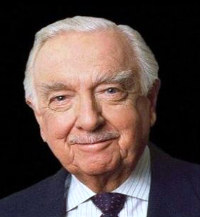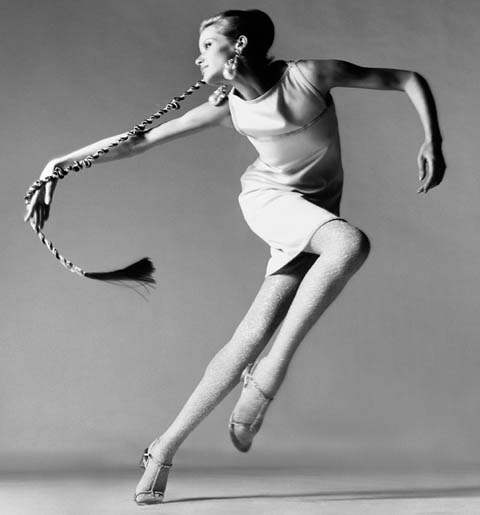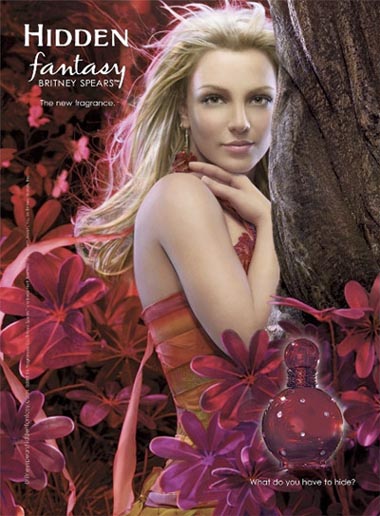 [Cross-posted] It’s quite sad to learn of the passing of former CBS anchorman Walter Cronkite today. Although Cronkite had not been on the nightly news since his retirement from that show in the early 1980s, his job taken over by Dan Rather, he remained in the public eye with occasional documentaries and interviews. Even young people who were not alive during Cronkite’s nightly news broadcasts will, arguably, have heard of him.
[Cross-posted] It’s quite sad to learn of the passing of former CBS anchorman Walter Cronkite today. Although Cronkite had not been on the nightly news since his retirement from that show in the early 1980s, his job taken over by Dan Rather, he remained in the public eye with occasional documentaries and interviews. Even young people who were not alive during Cronkite’s nightly news broadcasts will, arguably, have heard of him.
I imagine one reason for Walter Cronkite’s reverence is the idea that the past is seen through rose-coloured glasses. The early 1960s may be painted as a time of innocence, never mind the extreme racism that the United States considered its norm. Associated with the period is Cronkite’s solemn announcement of President Kennedy’s assassination and subsequent passing, giving the time in eastern and central zones. It may be one of the enduring images of television news from the early ’60s. The late 1960s saw Cronkite report that Neil Armstrong and Edwin Aldrin had made it to the moon.
The era of Rather might have ended too recently for us to consider as romantically as we did the days of Cronkite, his archive footage beamed in black and white. Although Rather resigned from his CBS post under a cloud, there was no real applause for him when he left. No one asked Rather to run for President, or called him the most trusted man in America. Equally, no one said the same of John Chancellor, Rather’s rival, who retired shortly afterwards, or Peter Jennings, who passed away during that period.
Perhaps Cronkite represented an era when the news media were more objective. It is not to say that bias was absent from the American networks. But whatever rose-coloured glasses we look through, the news media were not as divided across political lines as they are today, and Cronkite represents a time when an anchorman could indeed establish a sense of trust without resorting to engagement through new media. The mass media could be trusted, or at least the people thought.
He, of course, had something extra. Chet Huntley and David Brinkley, his rivals, reported much the same thing. That extra element was arguably Cronkite’s common touch, something else that anchors of new seem to forget as their faces are plastered on advertising hoardings as though they were Hollywood celebrities. In some countries, where there is still state television, they are only civil servants. Celebrities they are not.
Walter Cronkite even allowed us the opportunity to laugh, guest-starring on The Mary Tyler Moore Show as himself, meeting his biggest fan, the fictional, inept newsreader Ted Baxter. Baxter (unlike the actor who played him) was what Cronkite was not: Baxter was vain, a figure that was unusual then and, probably, commonplace today.
Cronkite never forgot that he was on American TV screens nightly to do a job, not to have his ego boosted: his later work was totally in line with his image as trustworthy source, a man who gave us the feeling that he was one with the audience.
Surely that is the essence of good marketing? But not just good marketing: it is the essence of forming decent human friendships. Cronkite’s humility and warmth made him the most famous anchorman in the United States, and one who deserves the reverence being delivered by the American media today.
Rick Pallack, Michael Jackson’s designer, remembers a friend
Bohème Boutiques kicks off Miami Swim 2010
Walter Cronkite deserves today’s praise
Categories
branding / celebrity / culture / history / journalism / media / New York / society
Filed by Jack Yan
branding / celebrity / culture / history / journalism / media / New York / society
Filed by Jack Yan








